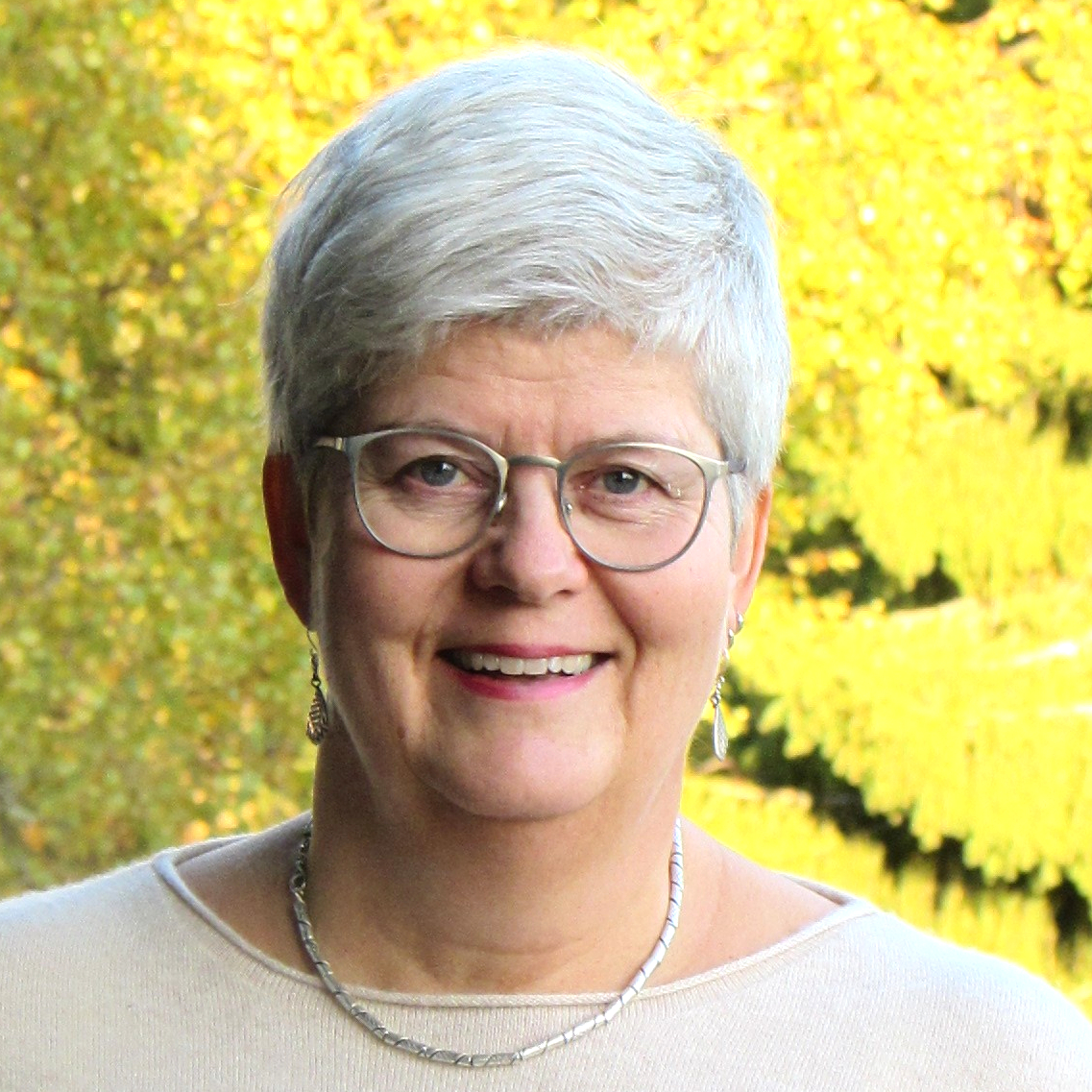
Marit Honerød Hoveid is a professor of education at the Norwegian University of Science and Technology, department of education and lifelong learning. She has her degrees from the University of Oslo (Cand.Polit.) and from NTNU (Dr.Polit) in pedagogy. She has worked within teacher education for many years. Her research evolves around foundational and practical questions related to teaching and learning. Her latest book “Making Education Educational. A reflexive approach to teaching” attests to a need to reevaluate how teaching is conceptualized in order to open the possibilities for student’s capacities. She has been a member of the EERA council and executive committee and is currently a senior mentor for the emerging researcher group. She has edited several books and is the current editor-in-chief of “Nordic Journal of Education and Practice “.
Doing Educational Research: A re-examination of relations between educational research and educational practices.
- Friday, 03 September 9:00 - 10:00 CET (Geneva) time
Education in any form has a reference to teaching and learning practices of some sort. These practices relate to the range from early childhood to higher education, and happen within formal institutions or around a variety of informal group activities. A top down perspective where educational research is seen as a way of informing and instructing educational practices will not work, I contend. What options does this leave for educational research? There are various approaches to practice that is related to research, such as lesson study, action research and practitioner research. These are forms of what could be termed ‘bottom up approaches.’ What I suggest is that we re- examine the relationship between educational research and how this is meant to contribute to educational practices. My concern is that educational research needs to move beyond instrumental approaches where research is primarily seen as way of producing evidence-based knowledge. To do this, I suggest we begin by discussing educational research in relation to the field of practice. This field cannot be equated with the field of practice in medicine for instance – education is not about curing diseases. I understand educational processes as being geared towards change; learning of some sort. This means there is, even though learning a trade or acquiring specific skills (competencies) require reproduction of knowledge, a possibility for an open future where the trade or the skills (competencies) acquired take on new meanings that creates new practices. In my talk I argue that the primary task for educational research is to establish a ‘distance to practice’. The distance I am talking about is the distance that opens for other ways of understanding educational practices. This is a distance acquired through language-use. I will provide arguments that show how the language-use of educational research can act for the advancement of educational practices. From empirical to theoretical strands of educational research, a requirement I want to propose is that knowledge acquired by educational research must point to explanations or understandings of how the field of practice is made educational. I then refer to an education for all. As part of this talk, I hope to engage you around my questions and arguments in relation to the educational research you are engaged in.
Important Dates ECER 2021
01.12.2020 | Submission starts |
31.01.2021 | Submission ends |
01.04.2021 | Registration starts |
01.04.2021 | Review results announced |
15.06.2021 | Early bird ends |
25.06.2021 | Presentation times announced |
01.07.2021 | Registration Deadline for Presenters |
02.09.2021 | ERC 2021, online |
06.09.2021 | ECER 2021, online |